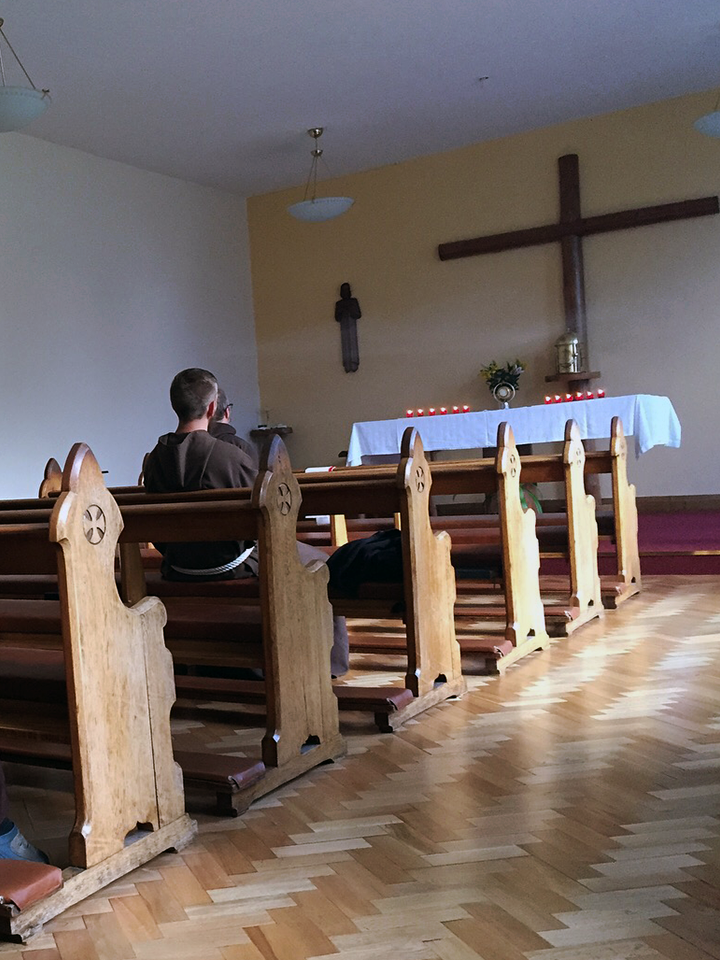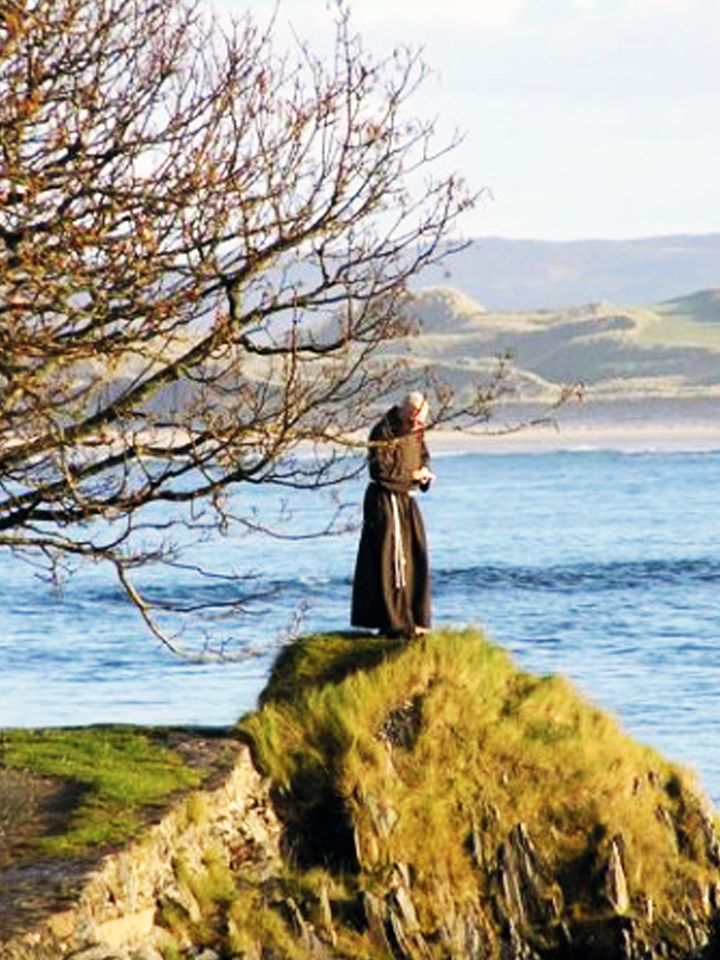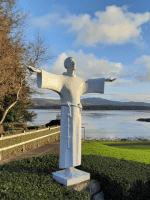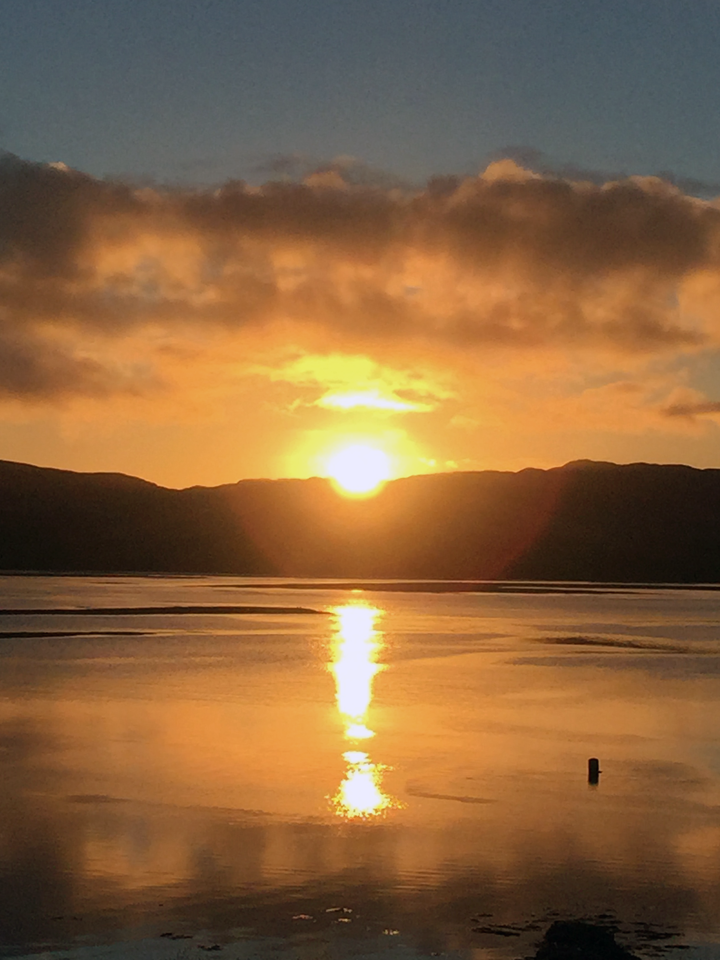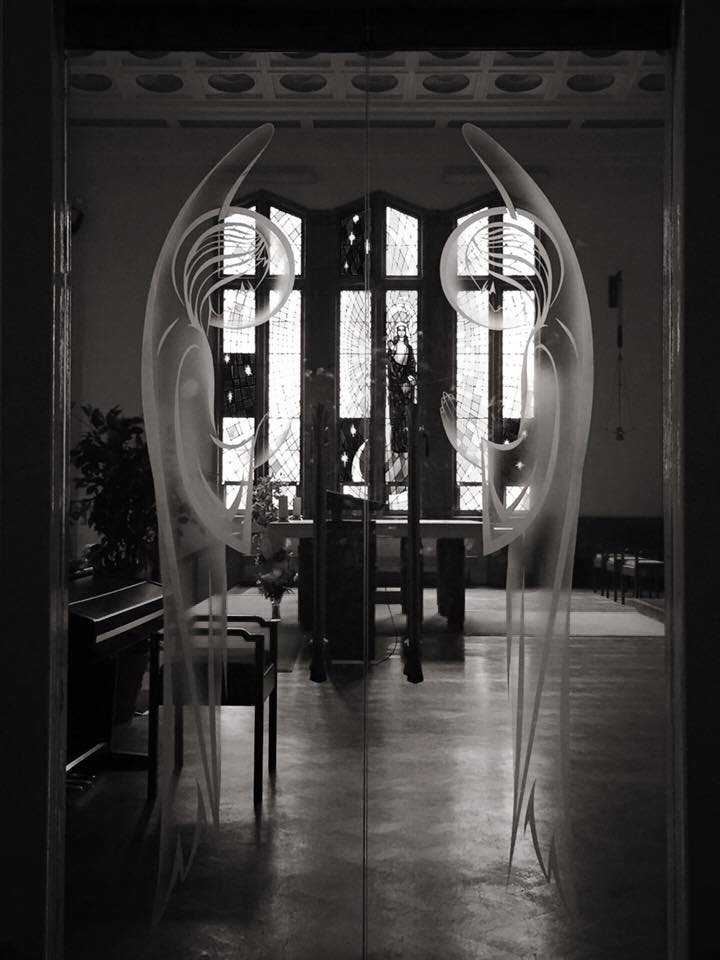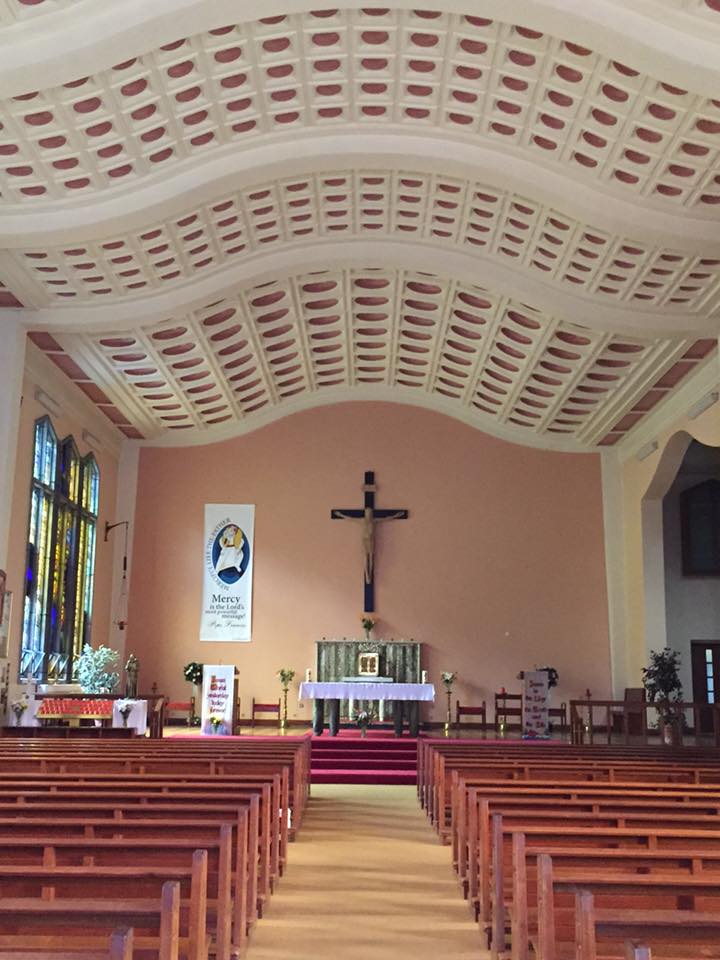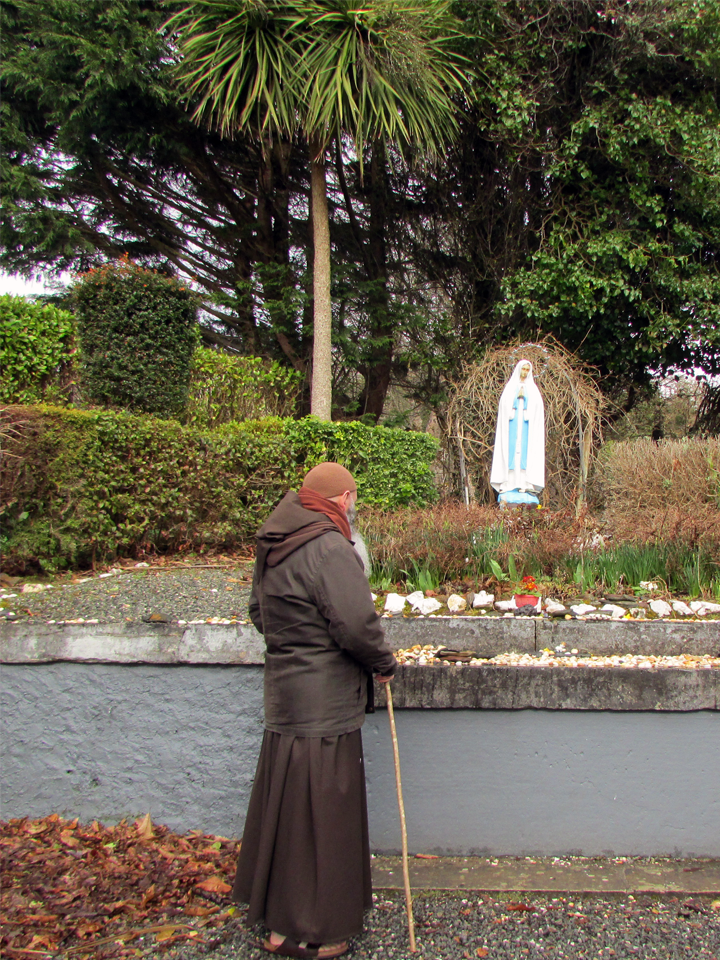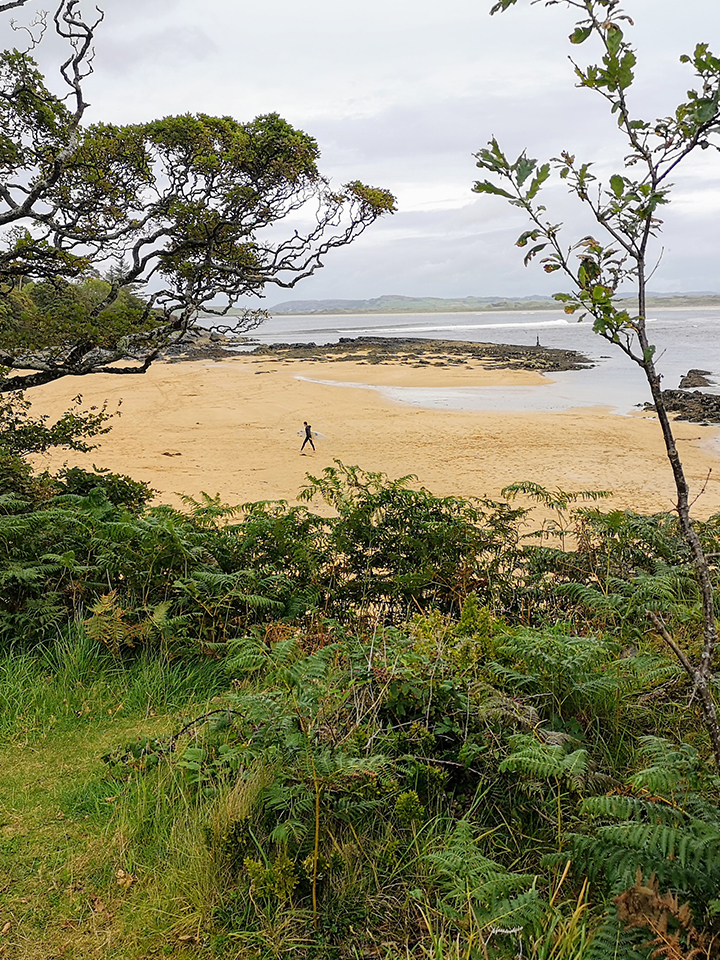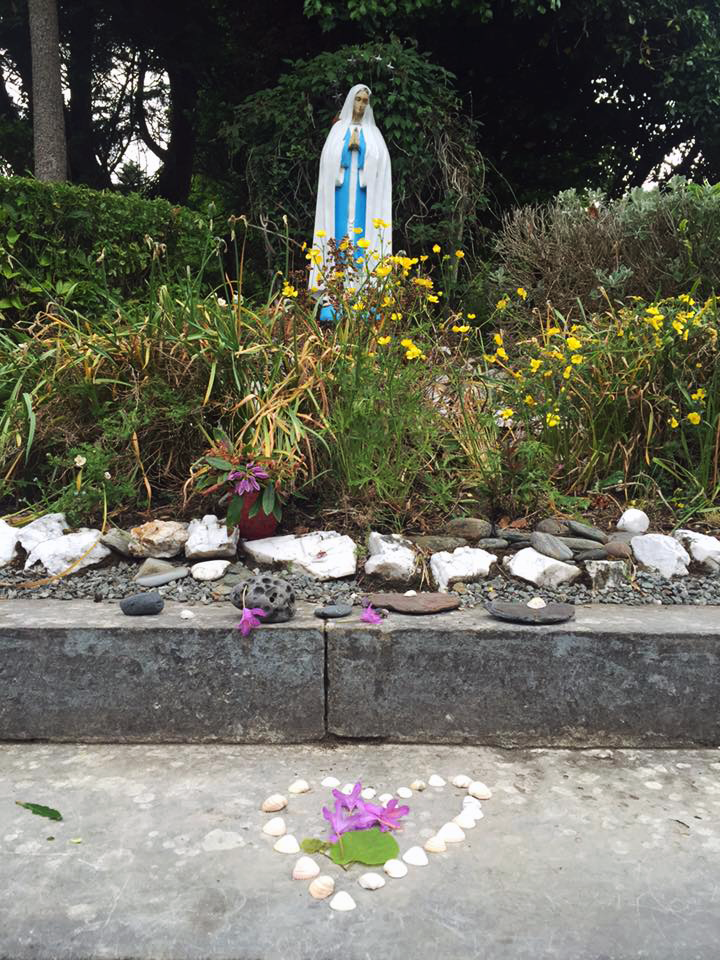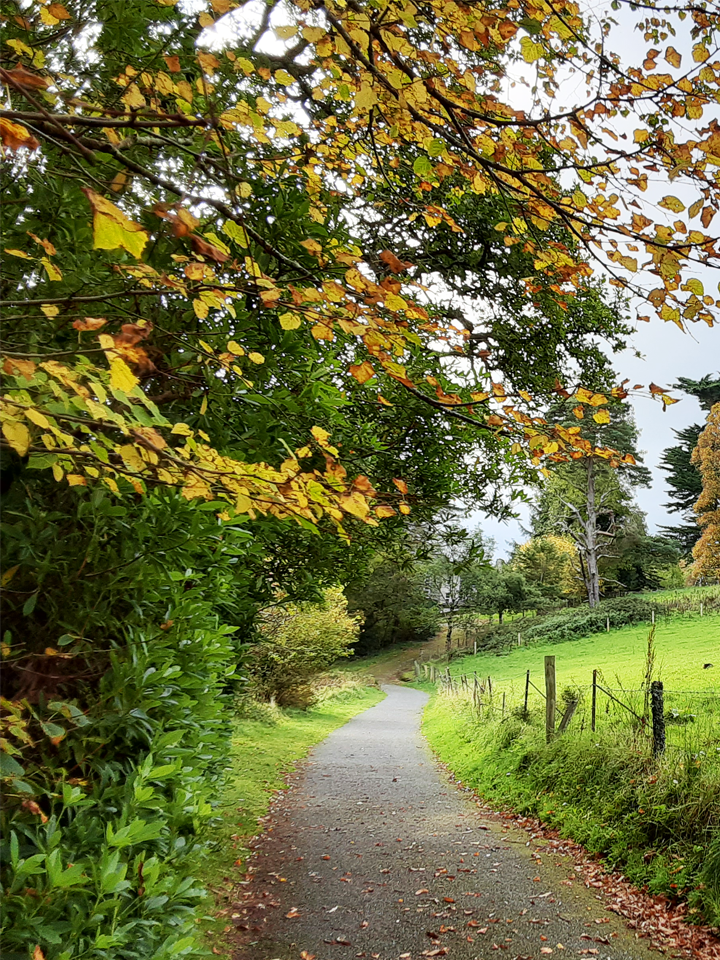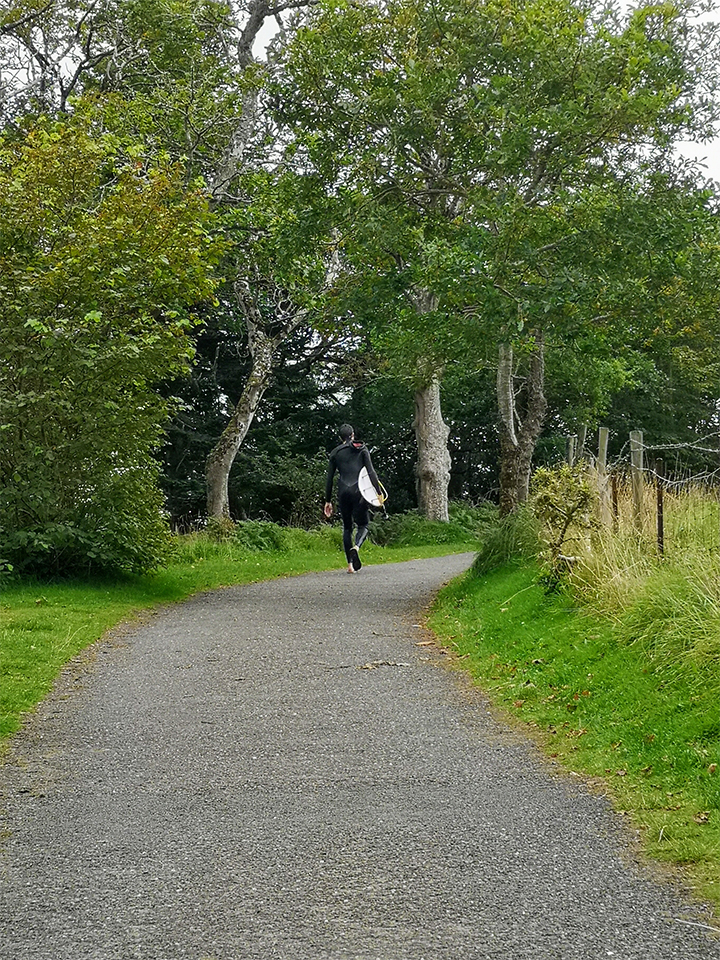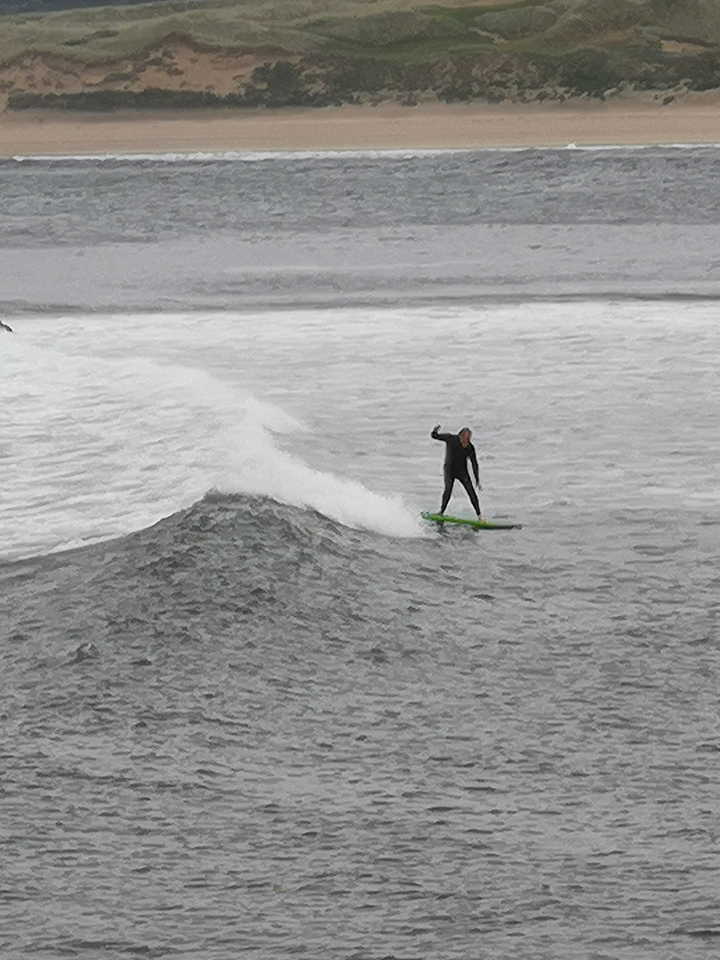Spirituality
Contemplative Ecology
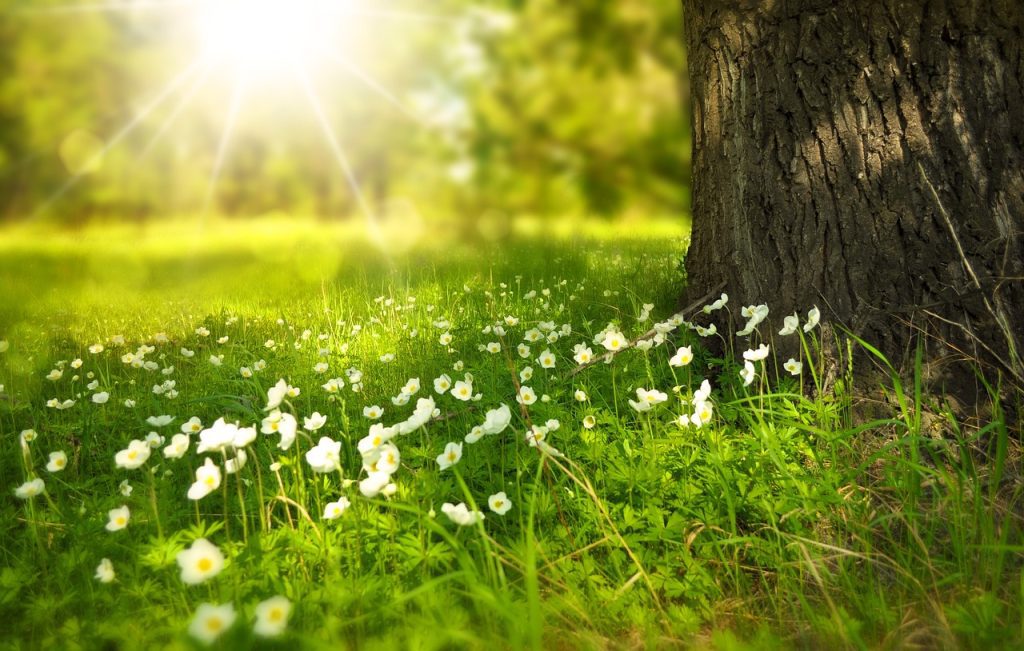
By Contemplative Ecology we refer to the wisdom rooted in inner contemplative practices that moves us towards an ever-more deeply lived life, and positions us to recognise our embededness in creation, and to act in accordance with this in the care of our common home.
These practices include:
- A program of Contemplative Ecology retreats and workshops
- Nature resonance
- Bio-Spiritual Focussing
- Environmental Activism – local and global
- Contemplative walks
The Capuchin Franciscans Friars are a part of the larger community at Ards that embraces the idea that the human feeling for nature is an expression of a deep spiritual longing. Building on the legacy that we have inherited from those who have gone before us, we are interested in practising a Contemplative Ecology that integrates our religious and spiritual traditions with present-day understanding of how the world and nature is evolving.
There are 4 pillars supporting the platform of our Contemplative Ecology:
- The Legacy of our Franciscan heritage constitutes the first pillar. Early in his journey Francis of Assisi decided that he would no longer call his father, Pietro Barnadone, “father”. “Henceforth” he said, “I have only one Father, and He is in heaven”. Herein lie the roots of his growing appreciation of the interconnectedness and interdependency of all beings, whom he addressed as “Brother” or “Sister”.
- Our second pillar is that of the Christian tradition that has as its heart the message that God has become flesh or “matter” – not a part of God or one aspect of God but the whole infinite, eternal God Creator has become matter. Our contemplative ecology guides us in responding to this message at the practical, ethical, aesthetic and contemplative dimensions of our lives.
- The Third pillar is that of contemporary science and how it enriches our understanding of faith and religion today. Scientists in various fields provide rich insights that illuminate how God works in and through creation.
- We find our fourth pillar in the Encyclical of Pope Francis, Laudato Si: on care for our common home. In this document the Pope issues a call to “every person living on the planet”, and hopes that we can enter into dialogue about the future well-being of our planet earth
A Parable For Our Spiritual Journey
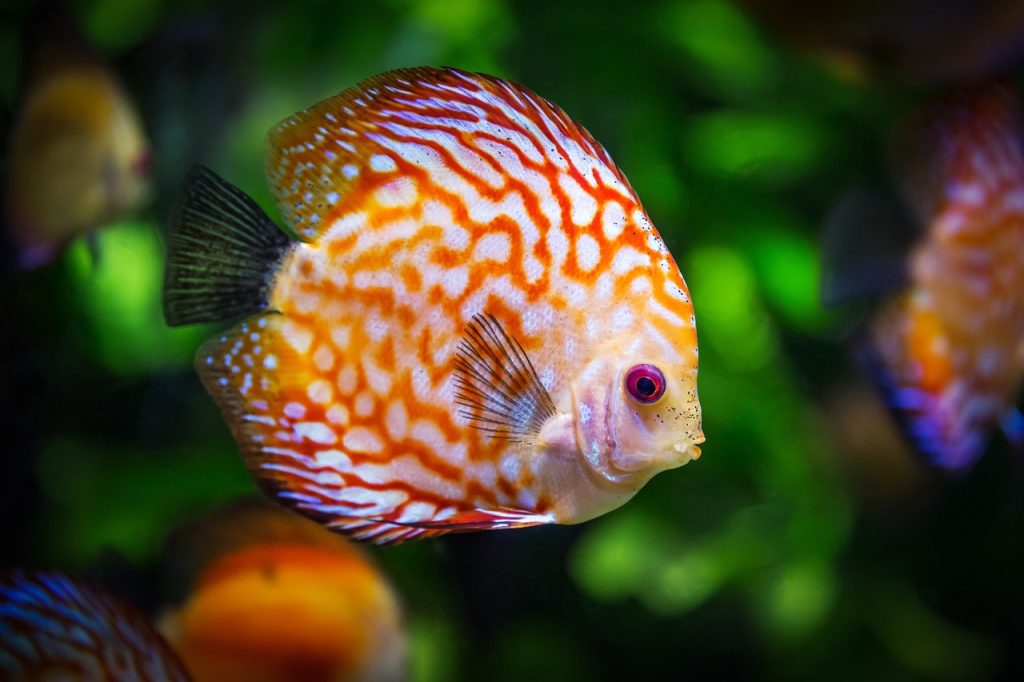
A young fish swimming in the ocean heard about something called water. This young fish was curious about what water was and when she met an older fish she asked him: “what is water? Where can I find water? The elder-fish told her to travel upwards as far as she could go and to look above her, and she would eventually see water coming towards her from far away. So the young fish did this. She travelled upwards, and looked towards the sky, and there in the heavens she saw something coming towards her and discovered water. And, for a while, she was satisfied that she knew what water was.
But what if that young fish were to discover more fully that she lives all the time in an ocean of water, that this very water surrounds her. And that the currents of this water give her life. And what if she were to discover further that her body itself, as science tells us, is mainly liquid. So not only is the water all round her, but water is in her as the very core part of her nature.
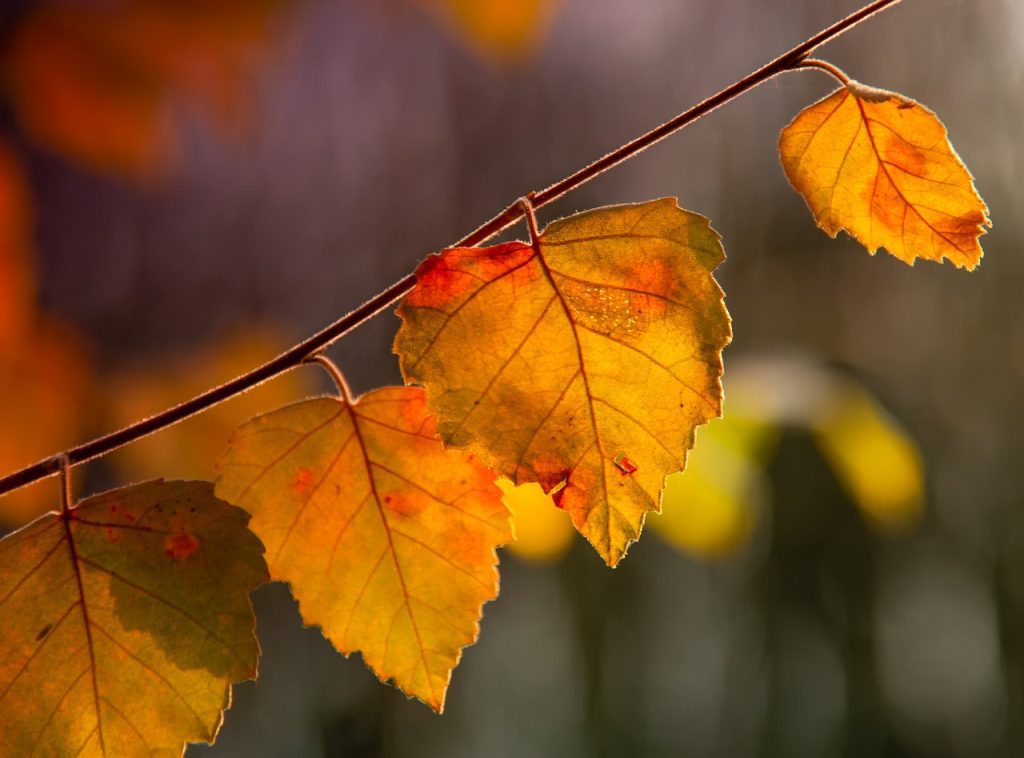
Water is not just rain in a distant place far above her, nor the home in which she lives and moves and has her being, but is part of her very essence.
Similarly, in our relationship with God, we trust that were invited not just to relate as friends to a God who is external to us. We recognize that the Divine Energy is like the ocean we live in, with its currents and movements, and so our achievements, our sorrows and joys are held in God, like the fish is held in the ocean. And we gratefully acknowledge the dignity that belongs to all since all is graced with the Spirit that leads from image to likeness.
Ministry
The Friars provide pastoral ministry for the people of this part of Donegal. Working closely with the clergy of the Diocese of Raphoe the friars are involved in many different forms of ministry.
- Daily Mass
- Sacrament of Reconciliation
- Support of local parishes
- Regular contact with Schools and youth groups
- Spiritual Direction and Guidance
- Parish visitation
- Accompaniment to Order of Secular Franciscans
